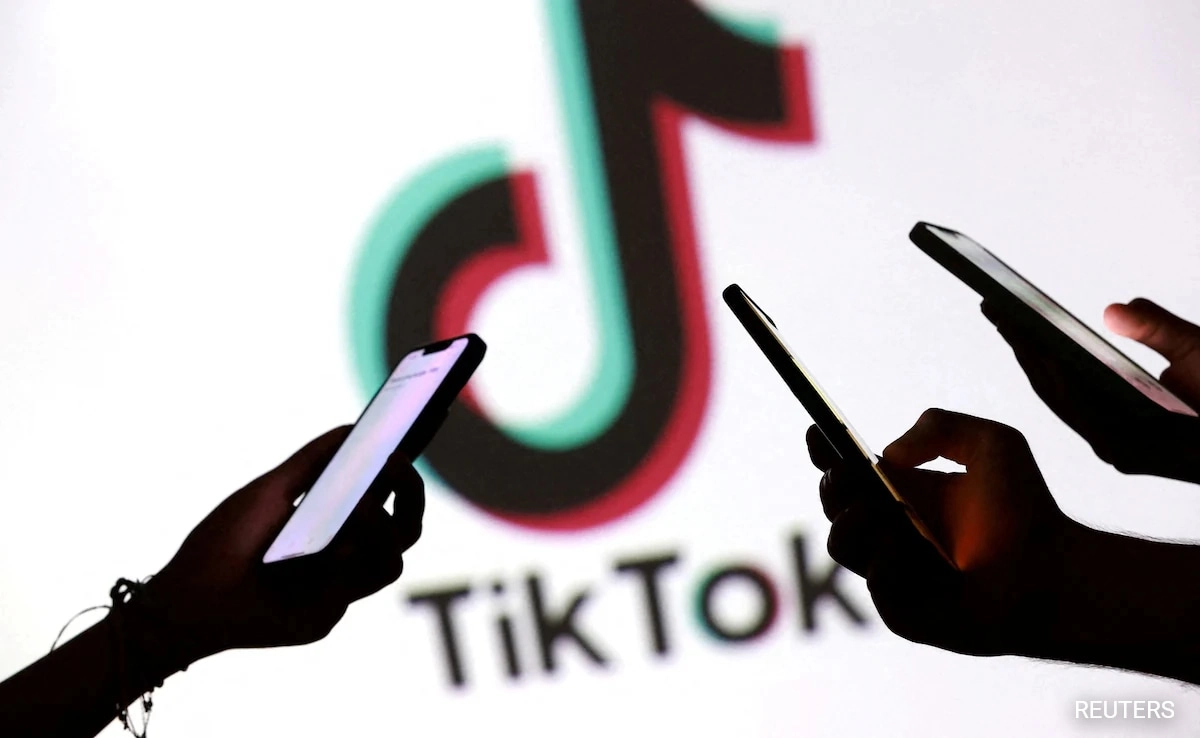TikTok, the popular social media platform known for its short-form videos, has transformed from a viral sensation into a focal point of geopolitical tension between the United States and China. Launched by the Chinese company ByteDance in 2016, TikTok quickly gained immense popularity among users worldwide, particularly among younger generations. Its algorithm, which allows users to discover engaging content tailored to their preferences, contributed to its meteoric rise. However, this success has also drawn scrutiny and concern, particularly from U.S. lawmakers who fear that the app poses national security risks. The apprehension arises from TikTok’s data collection practices and the potential for the Chinese government to access sensitive user information, raising alarms about privacy and surveillance.
As the platform’s influence grew, so did the scrutiny surrounding its operations. In 2020, then-President Donald Trump issued an executive order aimed at banning TikTok in the United States, citing concerns about its ties to the Chinese government and the potential for user data to be exploited. This move was part of a broader strategy to confront China over various issues, including trade, technology, and human rights. The proposed ban ignited a fierce debate about free speech, technology, and the implications of government intervention in the digital space. TikTok’s legal battles ensued, with the company arguing that it operates independently of the Chinese government and prioritizes the privacy and security of its users.
Despite the political turmoil, TikTok has continued to thrive, adapting to the challenges it faces while simultaneously expanding its user base. The platform has made efforts to reassure users and regulators by enhancing transparency measures and establishing data centers in various countries, including the United States. These initiatives aim to demonstrate TikTok’s commitment to safeguarding user data and addressing concerns about national security. However, the underlying tensions between the U.S. and China persist, with TikTok serving as a symbol of the broader competition between the two nations in the realms of technology and influence. As the political landscape evolves, the future of TikTok remains uncertain, balancing its role as a cultural phenomenon with the realities of international relations.
In this context, TikTok exemplifies the intersection of technology, culture, and geopolitics. As a platform that transcends borders, it has the potential to shape social interactions and influence trends across the globe. However, its entanglement in U.S.-China tensions highlights the complexities of operating in a world where digital platforms are scrutinized not only for their content but also for their origins and affiliations. The ongoing discourse surrounding TikTok is a reflection of broader anxieties about data privacy, national security, and the power dynamics that characterize the relationship between the world’s two largest economies. As both users and policymakers navigate this evolving landscape, TikTok’s role in the digital ecosystem will undoubtedly continue to be a topic of significant interest and debate.




